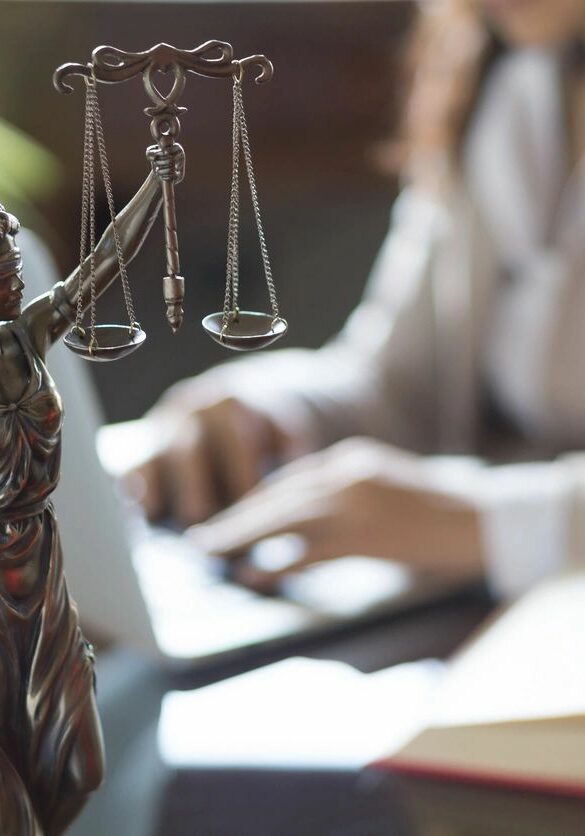Our Experience
APPEAL. This is the last stage of the criminal process and, for most, your worst case scenario. If you are considering an appeal, it means that you have been convicted of a crime and are serving some sentence for that crime. It might mean that your constitutional rights have been violated in some way. You don’t want to be in a situation where you have to appeal your conviction and sentence, but if you find yourself there, it is your absolute right to appeal.
Everyone convicted of a crime in Indiana is entitled to appeal their conviction UNLESS they have waived that right. You can waive it in two ways. First, by pleading guilty, you can waive your right to appeal certain things in your case. Second, you can waive your right by failing to file a Notice of Appeal within 30 days of your sentencing date. Be sure to talk with your lawyer immediately if you want to appeal your case so that they can ensure that you do not lose or waive this right.
If you do file a Notice of Appeal, you should not expect a quick resolution. Once the Notice of Appeal is filed, the Clerk has to get your case file assembled and provide it to the Court of Appeals. This is called the “record”. The Court Reporter also has to type up the hearings and trials that were held in your case, word for word, and file that with the Court of Appeals. This is called a “transcript”. This can take several months from the time you are sentenced.
Once the transcript is complete, then your lawyer will have 30 days to write a legal brief. The State will have 30 days to file their legal brief in response. In some cases, your lawyer might then file a 2nd legal brief, known as a “reply brief” in which they respond to the State’s brief. Once these three briefs have been filed, the entire case (the record, the transcript and the briefs) will all be given to three judges with the Court of Appeals and they will make a decision about the case.
The purpose of the legal briefs in the appellate process is to explain to the Court of Appeals how your constitutional rights were violated in the trial process. The Court of Appeals doesn’t get to act like a second judge or second jury, deciding if they think you are guilty or not. The appellate judges can only look at your case and decide if there are serious errors in the process of bringing your case to trial. If they think that there were errors, they then have to decide if those errors are serious enough that you should be allowed to have a new trial. Although there are some circumstances where your conviction might be thrown out permanently, without you having to face a second trial, those circumstances are extremely rare. In most cases, your best outcome in an appeal is to get a new trial.
If the Court of Appeals decides that the trial court did nothing wrong, they will “affirm” the rulings of the trial court. Your lawyer can ask them to reconsider by filing something known as a “Petition for Rehearing”, but they don’t have to “rehear” the case or reconsider. They will only do so if something very significant and compelling is addressed in the Petition. This is extremely rare. The other thing that your lawyer can do is to “Petition for Transfer” and ask that the Indiana Supreme Court take your case. This is also is very rare, as the Indiana Supreme Court decides less than a hundred cases every year, and they usually only pick cases that they think have significance for other people (not just you).

Your Full-Service Law Firm
Helfrich Law Offices is a full service law firm with two locations to serve our clients in Hancock County, Hendricks County and throughout Central Indiana. We have over 20 years experience practicing before Indiana trial and appellate courts, handling cases involving all areas of law, including family law, adoptions and guardianships, small business law, criminal matters, estate planning, probate, contracts, real estate, small claims, collection, banking, and civil litigation. We also offer mediation services. Call us to discuss how we can serve you, your family and your business.
